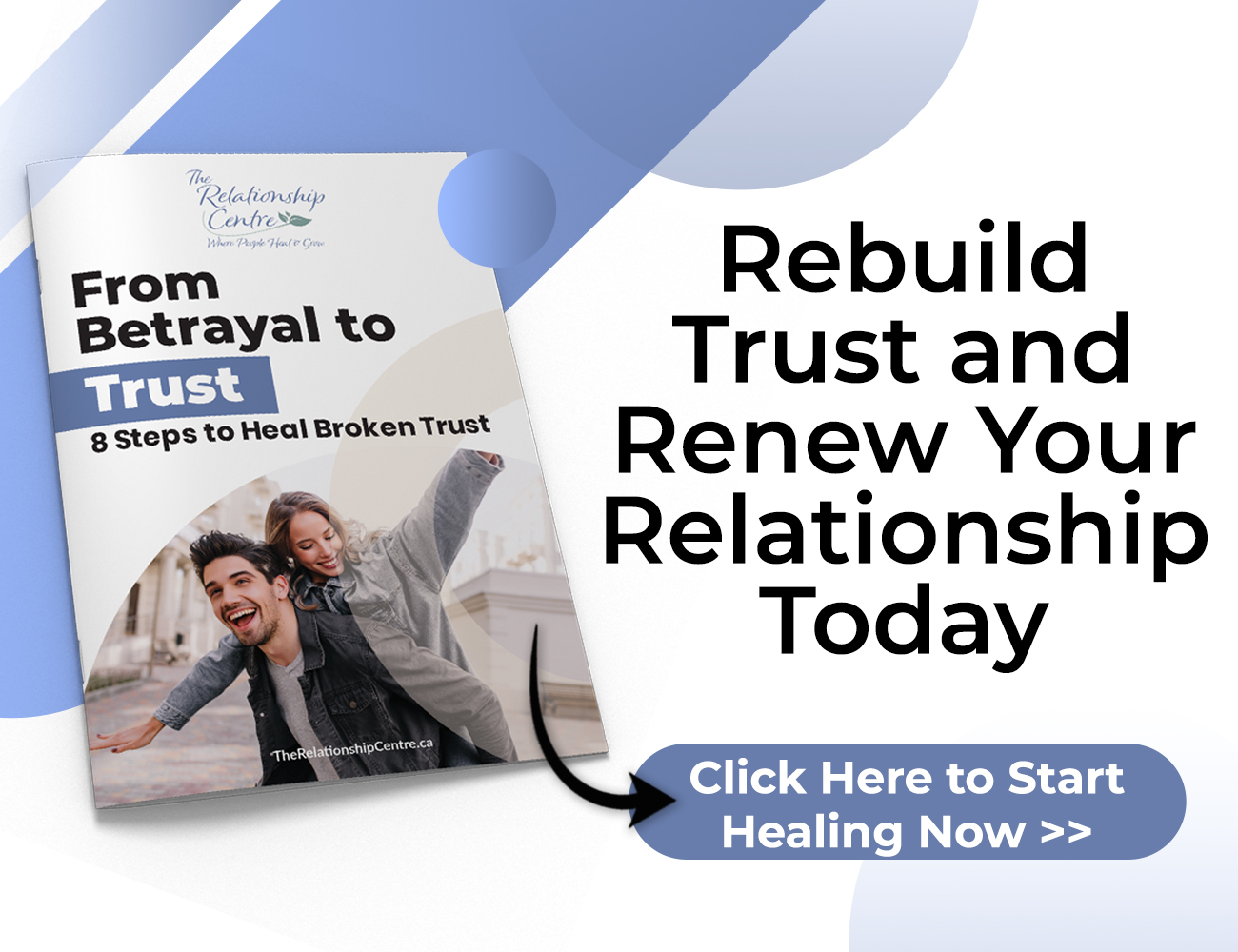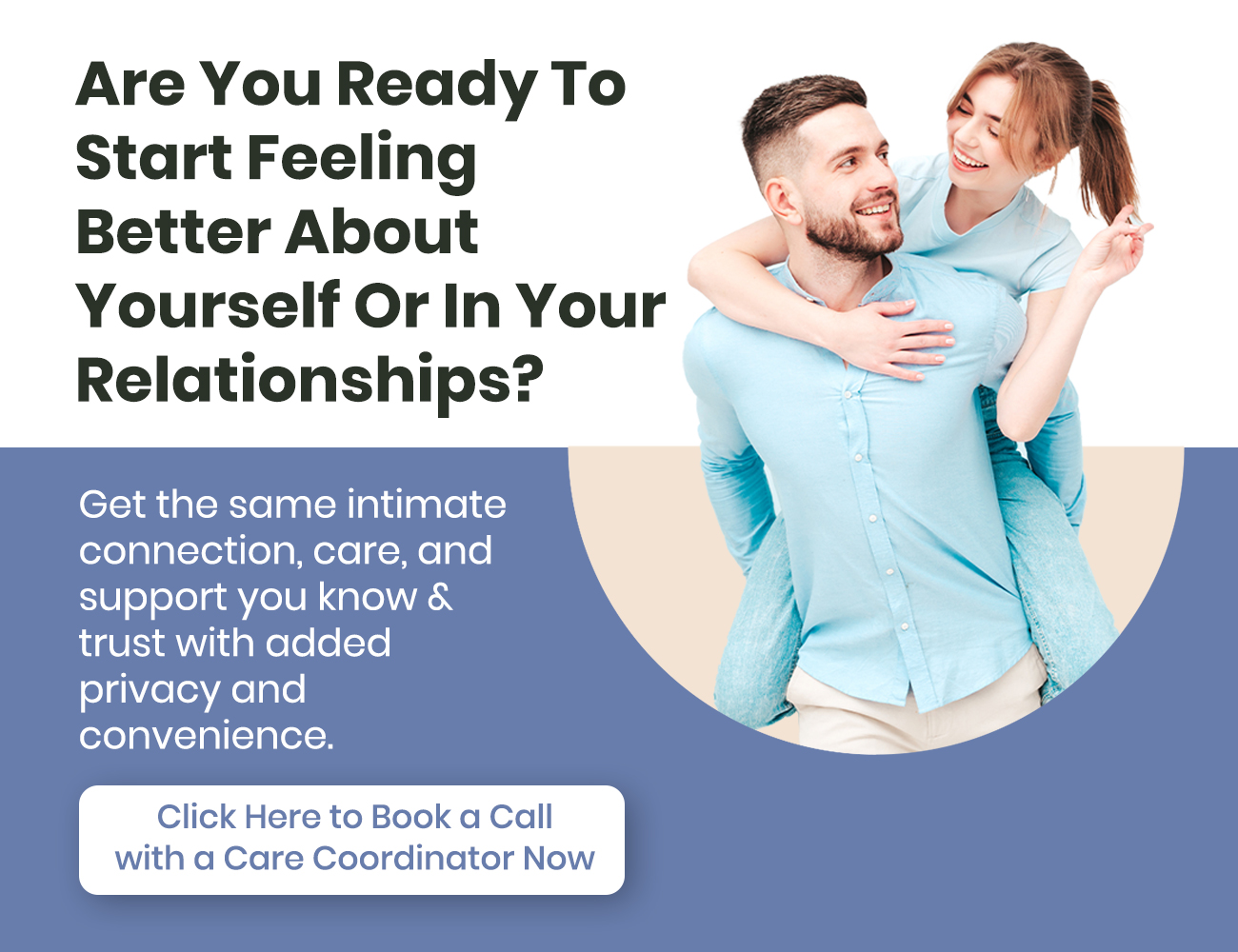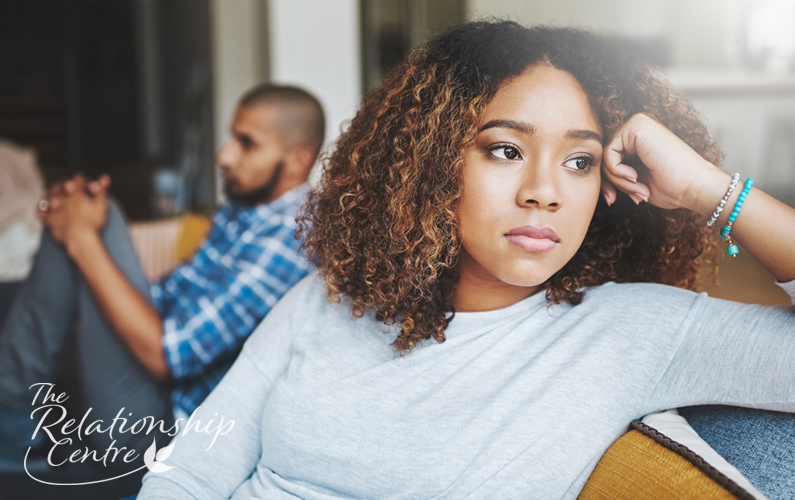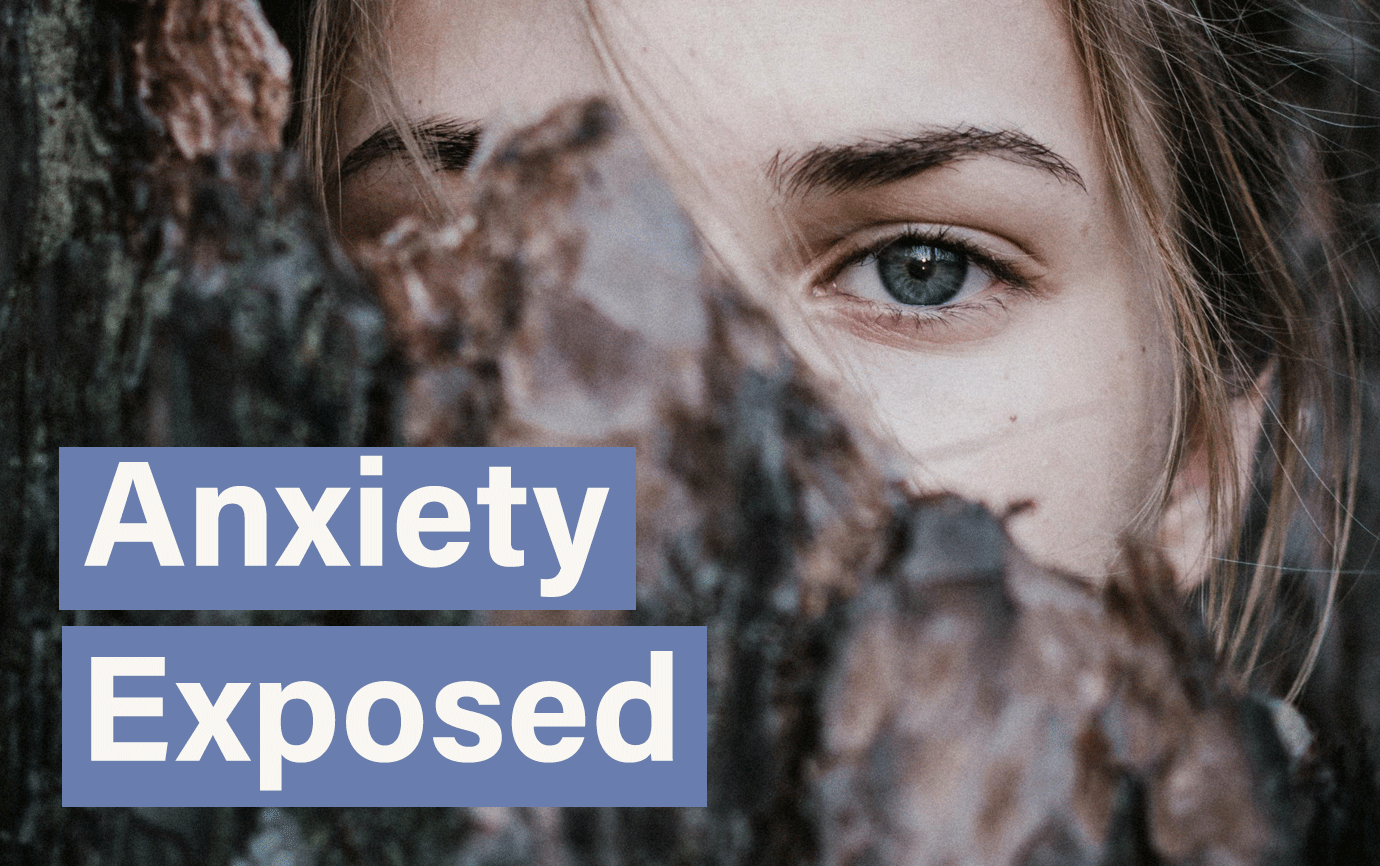Do you ever worry that past bad relationship baggage could adversely affect your current commitment? To some extent, any past relationship that no longer exists must have had some drawbacks. Otherwise, you never would’ve left it. We all get “burned” in some way during our pursuit of a lasting romantic connection.
However, if you went through enough difficulties, your recovery process could be more complex. The possibilities of abuse, betrayal, abandonment and more may plague you to this day.
Without the proper support and healing processes, these hurts can linger for months or even years. If you’re still single, these struggles will be challenging enough. But suppose you’re in a different relationship now. In that case, those hurts you experienced in a previous one could negatively affect your current relationship. If that’s where you’re at, please know that many people have waded through similar challenges and eventually healed.
It’s possible you already know this is happening but don’t know how to change and prevent it. But you also may stew in your past relationship hurts while unaware of how it now negatively affects your current relationship. Either way, you don’t have to let this continue. Here are some strategies for moving beyond a bad relationship or unhealthy marriage, so it doesn’t negatively affect your current commitment.


The Desire to Protect Yourself After a Bad Relationship Is Normal and Healthy
First, let’s just say that wanting to protect yourself after a harmful, abusive or toxic relationship is normal and healthy. That is the correct response, and some of that is largely involuntary.
Even animals have this instinctual ability. They learn from potentially dangerous situations and adapt to protect themselves from future harm. But unlike the animals, we can get trapped into ongoing cycles of bitterness, anger, anxiety and fear that negatively affect our future.
The more deeply you were hurt, the more challenging it will be. This is especially true if you’re entering a:
- New relationship after narcissistic abuse
- New relationship after divorce
- New relationship after being cheated on
- New commitment after past abusive relationship affecting a new relationship
- New relationship after a bad breakup
So, the desire to protect yourself after a relationship goes wrong is the correct move. You just have to make sure you don’t take matters too far and sabotage your current or future relationship while keeping yourself safe. You can learn to effectively manage new relationship anxiety, so it doesn’t cause harm to your current commitment.
Focus on What You Learned
It’s very easy to get trapped in the constant ruminating of how you were mistreated or harmed and what you could’ve done differently. Acknowledging lost time and opportunities can sting too. This is understandable since what happened should initially upset and even anger you.
Something happened in your previous relationship that was unfair and unjust, and now you’re confronted with the challenge of working through it. The task before you is to harness that power in a way that propels you forward rather than holds you back.
Initially, discussing the struggles you went through with a trusted friend or therapist is vital. You have to walk through these hurts to properly evaluate them and move on. However, there comes the point when revisiting them time and again will only lead to unnecessary added pain as you continually relive them. So, one strategy to get your mind away from the harm you experienced is to come up with positive things you learned from the experience.
You’ll never be the same person after a bad relationship that you were before it happened. That, in and of itself, isn’t a bad thing. Some of our most valuable lessons come from the most painful experiences we go through. Does that mean we should go looking for more painful lessons? Of course not!
However, you can’t change your past pain, so you might as well recognize what you learned from it. If the pain is still pretty fresh, it may be harder to see the positive points of what you discovered, but this will become easier as you heal more.
Write out what you gained and how you’re a better person now. Maybe you learned to set healthier boundaries, or you can identify specific types of toxic relationship dynamics.
You also may have found out who your true friends are (the ones who stuck with you when your relationship wasn’t going well). It’s also possible you have far more empathy, compassion, and non-judgmentalism towards others going through similar relationship hurts.
These examples of positives coming out of a bad relationship are just the starting point. Try to list as many positive things as you can. Then, whenever you are tempted to ruminate about the past, read these to yourself. Gradually train yourself to naturally go to what you learned rather than the hurtful aspects, which have the continued power to harm you if you let them.
Remember Your Current Significant Other is Different
Keep in mind that your current mate is different from your previous one. Not all potential new mates would do what your former one did. At the same time, your current mate will still hurt you in ways from time to time. Still, regularly remind yourself of the differences.
Hopefully, you’re happier with your choice this time around, and that’s all you can really ask for—to keep learning. It’s vital to make the mental and emotional break from past relationship baggage.
For instance, your new relationship won’t survive if you begin with the same trust deficit you felt when you left your previous relationship. Your new mate will need the benefit of the doubt.
In her “Psychology Today” article entitled When Past Romantic Trauma Damages Your Current Relationship, Jill P. Weber Ph.D. shares the following:
“Your current partner may just be expressing normal feelings that need to get out, but for you, it feels as if the walls are caving in. You may panic or live in a state of fear about upsetting your partner. The possibility of an argument paralyzes you.”
Yes, at first, all the false alarm bells may ring at any possible moment. But gradually, you’ll learn to make a distinction between your previous relationship and the new one. That way, you won’t start your new relationship at a trust deficit. You’ll also be able to avoid the potential for a self-fulfilling prophecy of what you may fear most—the unravelling of your next relationship.
Consider Waiting Before Beginning a New Relationship
Did your last painful relationship recently end? Or, do you feel emotionally drained and controlled by one that dissolved years ago? If so, you may find it a unique struggle to see the good you learned from this relationship. You may also regularly find yourself reliving your past relationship trauma. This could indicate that it’s best to wait before entering a new relationship.
Yes, this can be unpopular advice. But until the “smoke” from your previous hurtful relationship clears more, you’ll struggle to see well enough to consistently make the best decision about a future relationship.
Suppose you fail to reasonably work through your past relationship hurts before entering a new one. In that case, you run a much higher chance of entering another toxic connection. The most important thing, first and foremost, is to heal. Although an excellent new mate can help some with the healing process, ultimately, only you can take the critical steps to get there.
Recovering from a Bad Relationship? Couples Therapy Can Help
Are you struggling with how to heal from a bad relationship? Also, do you want to ensure that a previous bad marriage or relationship doesn’t adversely affect your current or future one? If so, couples counselling can help you heal relationship wounds, so your future is bright.
You may also feel reasonably healed from past relationships but want to get even better in your personal and relationship life. Either way, The Relationship Centre is here for your marriage counselling and relationship therapy needs.
Feel free to reach out to us if you’d like to learn more. You can also schedule an appointment with us at your convenience. We look forward to meeting you!












